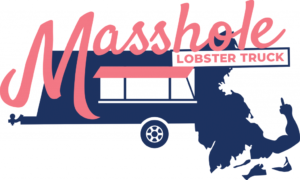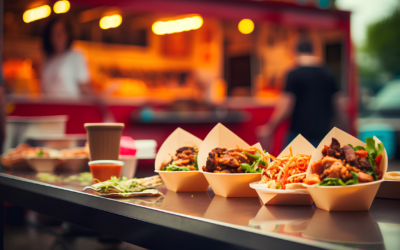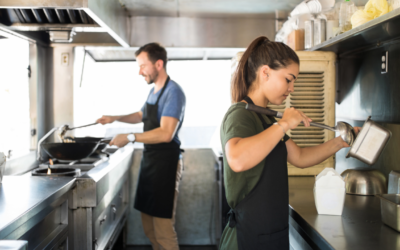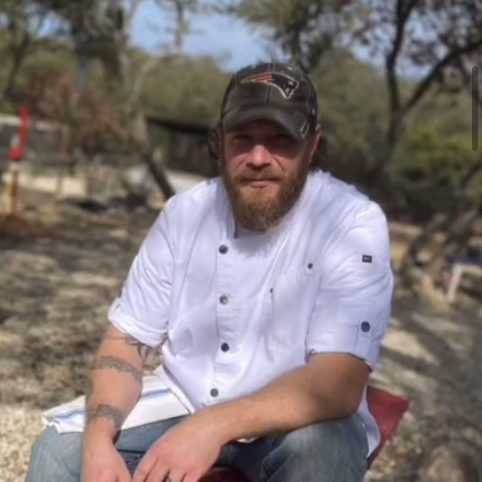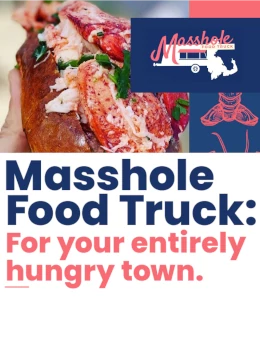Introduction to Food Truck Culture
The food truck culture has undergone a remarkable transformation over the years, evolving from humble “roach coaches” into a thriving culinary movement that has captured the hearts and taste buds of people worldwide. In this article, we’ll take a journey through the history of food trucks and explore how they’ve grown into an integral part of the modern culinary landscape.
The Humble Beginnings
Food trucks have humble beginnings that trace back to the late 17th century when street vendors in New York City began selling food from pushcarts. These vendors offered basic, affordable meals, often to workers on the go. These early food trucks, sometimes derogatorily referred to as “roach coaches,” were far from gourmet dining experiences. They primarily served utilitarian fare like hot dogs, sandwiches, and coffee.
The Roaring Twenties
The food truck industry saw a surge in popularity during the 1920s when the concept of mobile dining started to take shape. Ice cream trucks, taco stands, and hot dog carts became fixtures of American street culture. The allure of convenient, affordable food attracted a broad customer base, from factory workers to families out for a stroll.
The Decline and Regulations
However, the food truck industry faced significant challenges in the mid-20th century. Municipal regulations, health concerns, and competition from fast-food chains led to a decline in the number of food trucks. Many cities imposed restrictive zoning laws and licensing requirements, making it difficult for food trucks to operate.
The Food Truck Renaissance
In the late 2000s, the food truck culture began to experience a renaissance. Several factors contributed to this revival:
Gourmet Offerings: A new generation of food truck entrepreneurs emerged, offering gourmet and artisanal dishes that challenged the perception of food trucks as mere “junk food” providers. Food trucks started serving everything from gourmet burgers and artisanal tacos to gourmet cupcakes and exotic international cuisine.
Social Media: The rise of social media allowed food truck owners to connect with their customers directly. They could announce their locations, share mouthwatering photos of their dishes, and build a loyal following online.
Food Truck Festivals: Food truck festivals and gatherings became popular, drawing crowds of food enthusiasts eager to sample a variety of dishes in one location.
Cultural Fusion: Many food trucks embraced cultural fusion, offering unique and creative combinations of flavors that catered to diverse tastes.
The Modern Food Truck Culture
Today, food trucks are an integral part of the culinary landscape in cities around the world. They represent diversity, innovation, and accessibility in dining. Here are some key aspects of the modern food truck culture:
Diverse Cuisine: Food trucks now offer an incredibly diverse range of cuisine, from Korean BBQ tacos to vegan ice cream sandwiches.
Community Engagement: Food trucks often engage with local communities, participating in charity events, fundraisers, and supporting local causes.
Sustainability: Many food trucks prioritize sustainability by using eco-friendly packaging, sourcing locally, and reducing food waste.
Celebrity Chefs: Renowned chefs have embraced the food truck culture, bringing their culinary expertise to the streets.
Entrepreneurship: Food trucks provide an accessible entry point into the restaurant industry, allowing aspiring chefs and food enthusiasts to showcase their talents.
The development of food truck culture is a testament to the resilience, creativity, and adaptability of the culinary world. From humble beginnings to a modern-day phenomenon, food trucks have come a long way. They’ve enriched our taste buds, expanded our culinary horizons, and added a vibrant dimension to our cities. As food trucks continue to evolve, they remind us that delicious, innovative cuisine can be found just around the corner, waiting to surprise and delight us. So, the next time you see a food truck on the street, take a moment to appreciate the rich history and cultural tapestry it represents.
